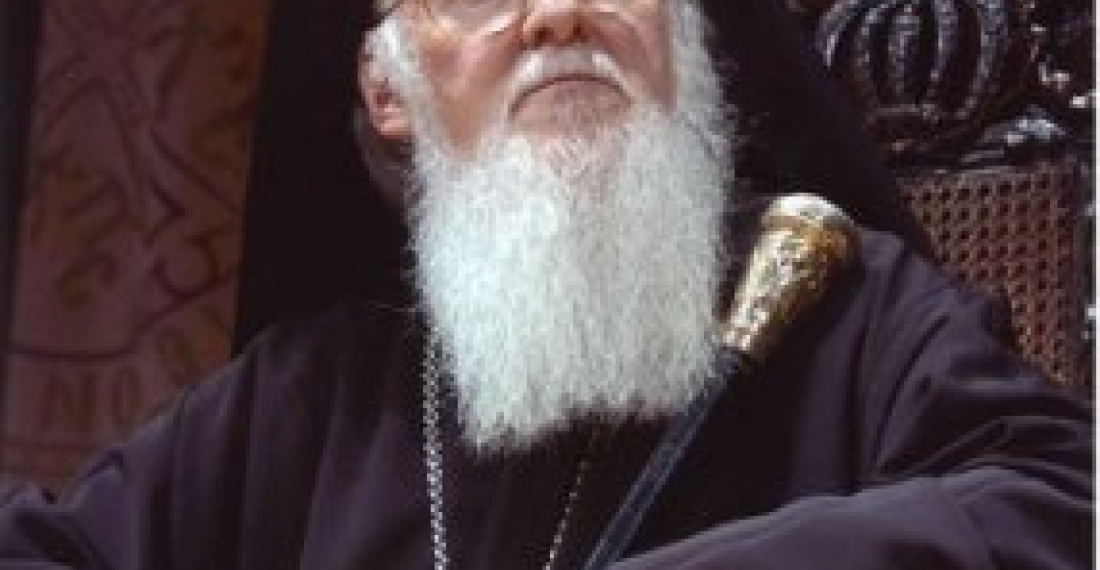The Holy and Sacred Synod of the Ecumenical Patriarchate of Constantinople, presided by Patriarch Bartholomew, has confirmed the decision to grant Autocephaly to the Church of Ukraine. This will enable the Ukrainian Church to be separate from the Russian Orthodox Church.
In its decision the Holy Synod stated that it decided also to reestablish the Stavropegion of the Ecumenical Patriarch in Kyiv, one of its many Stavropegia in Ukraine that existed there always.
A number of Orthodox bishops and clergy who had earlier been considered in schism with the Church have now been embraced back
The key decision of the Synod was however related to the independence of the Ukrainian Church, by revoking "the legal binding of the Synodal Letter of the year 1686, issued for the circumstances of that time, which granted the right through oikonomia to the Patriarch of Moscow to ordain the Metropolitan of Kyiv, elected by the Clergy-Laity Assembly of his eparchy, who would commemorate the Ecumenical Patriarch as the First hierarch at any celebration, proclaiming and affirming his canonical dependence to the Mother Church of Constantinople."
The Synod appealed to all sides involved "to avoid appropriation of Churches, Monasteries and other properties, as well as every other act of violence and retaliation, so that the peace and love of Christ may prevail."
Until now the Ukrainian Orthodox Church, was a self-governing church constituent of the Moscow Patriarchate.
The Ukrainian Orthodox Church of the Kiev Patriarchate and the Ukrainian Autocephalous Orthodox Church had broken off and where until now considered in schism. Attempts to assert the independence of the Ukrainian Church have been ongoing since Ukraine gained independence in 1991. In November 1991, Filaret, who was then heading the Ukrainian Orthodox Church of the Moscow Patriarchate, called for granting the Ukrainian Church autocephalous status. In May 1992, he was demoted from his post as head of the local church. However, Filaret refused to comply with the decision of the Russian Orthodox Church and, with support of Ukrainian officials, announced the creation of the Ukrainian Orthodox Church of the Kiev Patriarchate. In February 1997, he was excommunicated and anathematized for sectarian activities by the decision of the Russian Orthodox Church's Assembly of the Hierarchs.
In April 2018, Ukrainian President Pyotr Poroshenko addressed Ecumenical Patriarch Bartholomew of Constantinople with a request to grant autocephaly to the Ukrainian Church.
On September 7, the Ecumenical Patriarchate of Constantinople, as part of preparations for providing autocephaly to the Ukrainian Orthodox Church, appointed its exarchs (envoys) in Kiev, which is the Moscow Patriarchate's canonical territory.
On September 23, Patriarch Bartholomew said during a Divine Liturgy in Istanbul that Ukraine has the right to obtain autocephalous status, while the Patriarchate of Constantinople has the sole right to provide autocephaly.
The Holy Synod of the Russian Orthodox Church responded by saying that Constantinople's actions were a crude violation of church canons and stopped mentioning Patriarch Bartholomew during church services and conducting joint services with Bishops of the Ecumenical Patriarchate.
source: commonspace.eu
photo: The Ecumenical Patriarch of Constantinople Bartholomew






